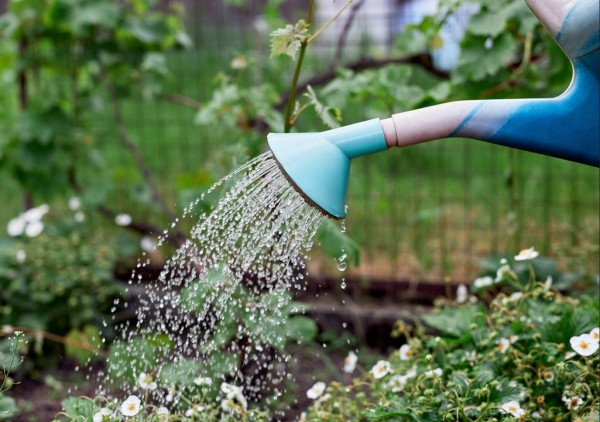Lawns maintenance
- Let your lawn go brown in summer - it won’t die off completely but will spring back to life when it rains again. Save water for the things you really need such as vegetable gardens and needy ornamentals.
- Grow your grass a little bit longer in summer. Taller grass will stay greener for longer. Keep up with mowing to help control any weeds.
- Service your lawnmower annually to keep the blades sharp —a clean cut helps reduce water loss from grass.
- Reduce the amount of lawn in your yard by planting shrubs and ground covers appropriate to your site and region.
- If laying a new lawn, consider warm season drought-resistant grasses that can withstand summer temperatures and don't need watering. (Autumn or early spring is the best time to establish a new lawn. Don’t try to lay a new lawn during summer.)
- Consider using a natural soil enhancer like biochar (a form of charcoal) for your lawn and plants. Biochar helps build a stronger and deeper root system to keep your lawn healthy year-round.
Other top tips
- Use a broom and/or bucket to clean hard surfaces such as footpaths and driveways.
- Wash your car/boat/caravan and pets on an area of lawn – this helps prevent soapy water and chemicals running into the drain and straight to the river untreated.
- Check for dripping taps and obvious leaks on your property and get these fixed as soon as possible.
Landscaping/general outdoors
- When planning or revamping your outdoor landscape, consider using materials that allow rain to soak into your soil and garden.
- Crushed shells, pebbles, gravels, permeable pavers and mulch are good materials to use and can help reduce flooding and pooling during heavy rainfall. It also eases the load on storm water drainage systems.
- When paving, use porous material or ground cover in the gaps instead of mortar. This helps counter the warming effect of pavers and provides another way for rain to soak into the soil.

Where to Plant
- Position plants with similar watering needs together (called hydro-zoning) - this enables you to water them more effectively.
- Put plants close together so they create their own shade for the soil and reduce evaporation.
- Keep plants with high water needs, such as vegetables and herbs, near the house so they can be watered with greywater collected from the shower or stored rainwater.
- If you are planting on a sloping section, proper grading allows water to soak into the soil and be used by plants rather than running off your section.